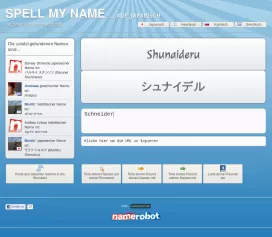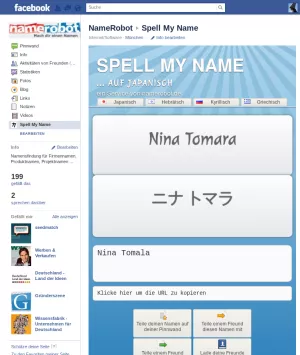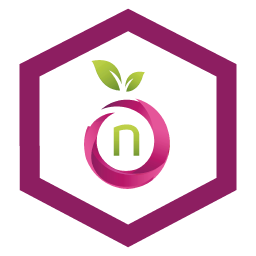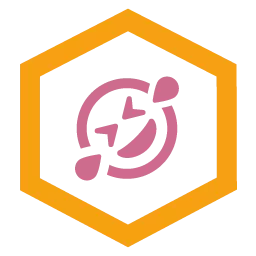NameRobot was originally developed to find names for business use, but since you can do a lot more with names, words and languages, we recently released our first name-game: Spell My Name. Just enter your name and it will reveal how to pronounce your name in Japanese.
My name in Japanese or a trip to Japan
Imagine flying to Japan. Blossoming cherry tress, the Fuji mountain, a tea ceremony: all this and more awaits you in the Land of Smiles. As your plane lands, your host Yamamoto-san is already waiting for you. He's got a sheet of paper in his hands with the name "Martinson" written on it - that's your name. As you approach him, he greets you with a welcoming smile and a slight bow. "Konnichi-wa Maruchinson-san!" - "Good day, Mr. Maruchinson?" What did he do to your name?
Japanese sound inventory and syllable structure

But what happens when a Japanese person has to pronounce a foreign name with a "forbidden" syllable structure? He or she will slightly change the pronunciation to avoid dealing with complicated consonant clusters. A vowel is inserted between successive consonants to make a word pronouncable for the speaker. The vowel "u" works particularly well, as it is voiceless and therefore is almost inaudible. In addition to this, the phoneme inventory of Japanese is different in some respects from that of say, the English or German language. The distinction between "r" and "l", for example, is not made, so this sound is combined into one which is in between the two.
All these rules are established subconsciously, and so your friend Yamamoto-san converts the complicated "Martinson" to "Maruchinson" automatically. That's far easier to pronounce - if you are Japanese, of course!
"Draw a name for yourself"

In addition, you can use the tool to enjoy another beautiful side of the Japanese language: your name in katakana syllabary. Due to its strict structure, there is only a very limited number of syllables in Japanese, which led to the development of a writing system that would never work in Indo-European languages such as German or English. The "katakana", as they are called, form a syllable aphabet reserved for loanwords from other languages and is only a fraction of the complex tripartite Japanese writing system.
Spell My Name provides you with a valuable insight into the complexity of the Japanese language and script through something that you can remember and understand easily: your own name. You can also try out the names of your family, friends or pets, or you use the opportunity to find out your name in the Hebrew, Cyrillic or Greek alphabets. Since these languages have far less strict rules of syllable structure as the Japanese does, however, you'll find no strange pronunciation here: but the results look pretty anyway!
Shout it out loud
Did you find a beautiful or funny-sounding name? Or do you like a typeface particularly well? Then share it in the shoutbox on the Spell My Name page or in the Facebook app, or leave a comment under this article.
The NameRobot team hopes you enjoy discovering lots and lots of Japanese, Hebrew, Cyrillic and Greek names!
[Nina]






